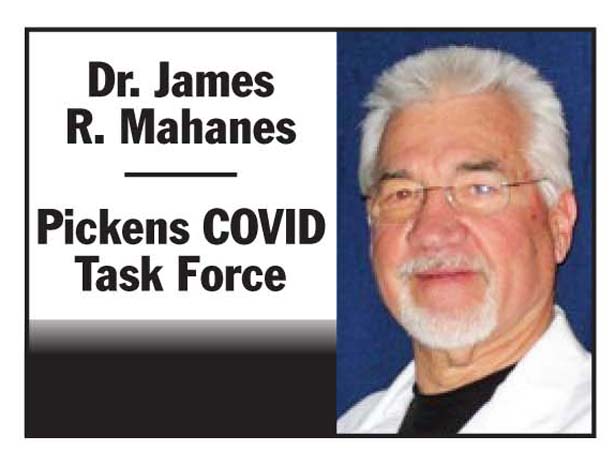Vaccines — how do they work?
When a bacteria or virus enters our body, it attacks and multiplies. This invasion is an infection that causes us to become ill. Do we have a mechanism to fight this intrusion? Yes, it is called our immune  system. It is a system that recognizes this invasion and sets off a response from a variety of white cells in our body that seek out and destroy the enemy. An analogy would be likened to a missile defense system in military terms. Such as, if a missile was fired at us from an enemy source, our defense system would recognize it and unleash our own missile that would intercept and destroy it, keeping us safe.
system. It is a system that recognizes this invasion and sets off a response from a variety of white cells in our body that seek out and destroy the enemy. An analogy would be likened to a missile defense system in military terms. Such as, if a missile was fired at us from an enemy source, our defense system would recognize it and unleash our own missile that would intercept and destroy it, keeping us safe.
So in turn, what can a vaccine do for us? If we take a molecule from a virus (called an antigen) and place it into our body, it sets off our defense system to make antibodies (antimissiles) to intercept the parent real virus should we come in contact with it and prevent us from becoming ill. The magnitude of how many individuals that are vaccinated is a means by which we can reach so-called “herd immunity.”
In other words, there would be too few people left susceptible to contracting the virus, and the virus would die out.
Sound simple? No, it is a complicated analytical and technological process to develop a safe agent that in itself cannot cause illness, but one that can boost our own system of response to its best level of performance. Will we have a vaccine for COVID-19? Yes. When? Anticipated, but uncertain at the moment.
And what about influenza and that vaccine? These viruses have been around for a while and seem to change from season to season and from one environment to another. However, science has been able to harvest a congruent vaccine to four of the most common, and it has been effective in minimizing the level of illness from none to minimal and should be taken annually for individuals from age 6 months to adulthood. COVID is a totally different invader, making it so difficult to harness all its variabilities. Showing respect for the flu now is more important than ever, because resources for medical care, hospitalization and ICU beds could be stretched to a limit with COVID and the flu in the same season. Therefore vaccination, staying at home if you are sick, washing your hands frequently, social distancing and even wearing a mask are preventative. Sound familiar?
Please stay safe and continue to educate yourself about all of these issues. Thanks.
James R. Mahanes, M.D., is a longtime local doctor, former Pickens County coroner and a member of the city of Pickens’ COVID Task Force.



























